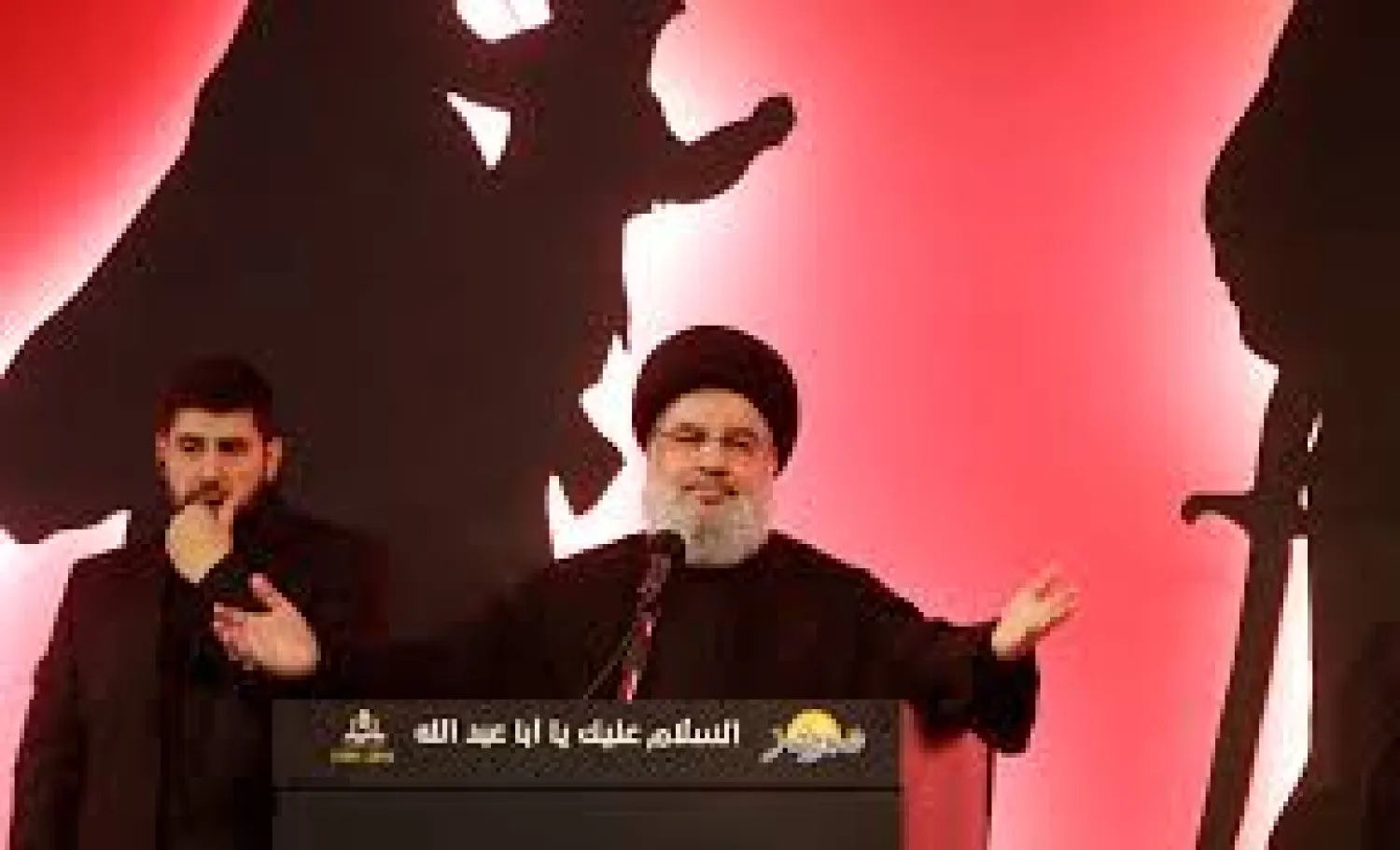The formation of a new Lebanese government has returned to square one, with the insistence of Hezbollah Secretary-General Hassan Nasrallah on partnership in naming the Shiite ministers to “protect the resistance.”
His recent comments reflected further complications surrounding the current government formation process.
Since the Doha Agreement in 2008, six Lebanese governments have carried the name of “National Unity Government”, in which most of the active political forces in the country were represented. Only two governments were boycotted by political forces that were previously part of the March 14 team.
Previous formulas stipulated that political forces nominate their representatives in the government, before new demands came out after the October 17 uprising, to form independent and non-political technocrat governments that would be able to address the international community and attract international aid to save Lebanon from its economic and political crises.
In his latest media appearance, Nasrallah did not deny his insistence to proceed with the previous approach in forming governments.
Speaking to Asharq Al-Awsat, Political researcher Dr. Talal Atrissi said that Lebanon’s problem lies in “the accumulation of norms that govern political action, in violation of the constitution.”
“In Lebanon, there is no single standard for government formation nor for political action,” he added.
Lebanon follows the system of consensual democracy, which is defined by 3 conditions: The rule of the political poles, the veto system and the power sharing among sects.
This system needs a “continuous dialogue,” according to constitutional references.
“In the absence of consensus on the method of governance, Nasrallah’s insists that the process be kept as it is, similar to previous governments. That is, the prime minister-designate consults with political forces, who name non-partisan experts and specialists, until a conclusive formula is agreed upon through a constitutional conference that discusses the different parties’ concerns,” Atrissi noted.









